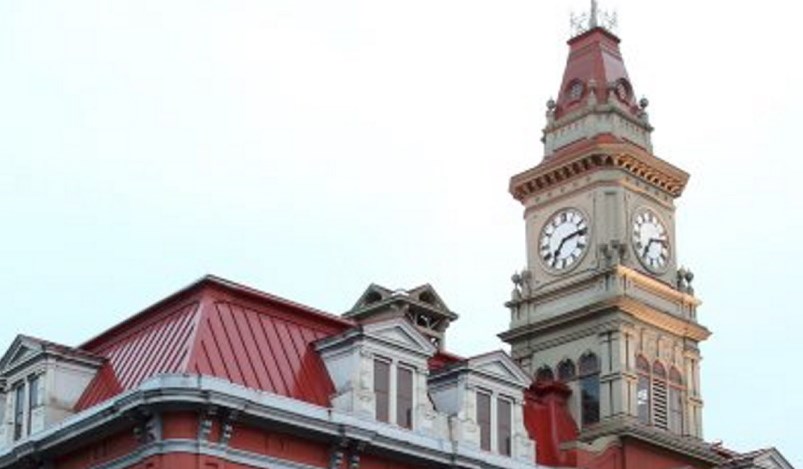Victoria council has given preliminary approval to a budget and strategic plan that will hike taxes by 4.3 per cent and see about 34 new full-time employees hired.
Big ticket items approved include $1 million for affordable housing initiatives and $858,000 for urban forest management.
“I think the city is going in the right direction,” Coun. Jeremy Loveday said.
“We’re taking bold action on affordable housing, on climate change and making our city a thriving and inclusive place to live.”
The budget ($244.7 million for operations and $118 million for capital) will see an overall increase in property taxes of 4.3 per cent (2.85 per cent for city operations and 1.45 per cent for the new employer provincial health services tax). When combined with utility-fee hikes, the tax increase is expected to be 3.76 per cent for the average taxpayer, city staff say.
Councillors also approved spending an additional $7.2 million in new spending using surplus funds and assessment revenue from new development.
Still to be determined in late March or early April is what to do with the police budget and how to pay for six new officers who were not funded last year, but that the province has ordered Victoria and Esquimalt to hire.
Council has asked the police board to come back with a revised budget before making a decision.
Coun. Geoff Young said in an interview that council has limited options for dealing with the police budget. “We’ll either have to have actual cuts in policing or we’ll have to find money elsewhere among the other initiatives we’ve added, or we’ll have to increase taxes,” he said.
“There’s no magic in terms of the options.”
The overall city budget generally sticks to council’s objective of a tax increase of no more than inflation plus one per cent (excluding the cost of the province’s new employer health tax, which is also to be paid through a municipal tax increase.)
The average homeowner (with a property assessed at $743,000) can expect property tax and utility increases totalling $127 or 3.76 per cent, say draft budget documents.
The average business (assessed at $585,000) can expect a tax increase of $315 or 4.06 per cent.
Coun. Ben Isitt called the budget “visionary.” “I think in some ways we’re playing catchup for decades of a very narrow view of the role of local government, and one that often looked after the interests of the business community, the affluent, but didn’t do a lot to look after renters, look after more lower-income neighbourhoods and didn’t take as much action as I think was appropriate in areas of social and environmental policy,” he said.
Young, however, warned that council is moving too quickly, adding too many staff and potentially duplicating the work that other levels of government will also be doing.
“I really think it’s not responsible for the council to be moving forward on this range of issues at the same time that we’re neglecting some of the basic functions of maintaining safety in our city,” he said.
Mayor Lisa Helps countered that council is doing the work that cities need to do. “The province or the federal government is not going to give us money to maintain our urban forest,” she said. “They’re just not. They’re not going to give us housing planners to plan for housing.”
She said the budget allocates the money that council needs to meet its goals over the next four years.
“This for me is a foundational year,” she said. “I think we made a mistake last term. We had a very ambitious strategic plan and we didn’t properly resource it and so we got to the end of the term and we’d only accomplished 70 per cent of what we set out to do.
“I don’t think a 70 per cent grade is that good. I want an A-plus.”
Some of the 2019 objectives include:
• offering childcare at city hall during public hearings
• working with Saanich council to develop a citizens assembly process to study amalgamation
• deciding what to do with the statue of Sir John A. Macdonald
• applying for certification as a living wage employer
• developing a waste-reduction strategy
• supporting neighbourhood greenway improvements
• lowering neighbourhood speed limits
• developing a municipal alcohol policy
• making Government Street more pedestrian friendly
• developing a plan and a funding strategy for a new central library
Stan Bartlett, chair of the Grumpy Taxpayer$ of Greater Victoria, said the city should add “frugality” to its principles and values. “The economical, thrifty, careful, cautious, and prudent spending of tax dollars is also a shared value in our community,” Bartlett said.
“For most of us, lack of frugality and wasting tax dollars is divisive in itself. Surely most of the work outlined in this hiring surge of 34 full-time staff could be done by the existing 828 staff in our municipality of 85,000 people.”



